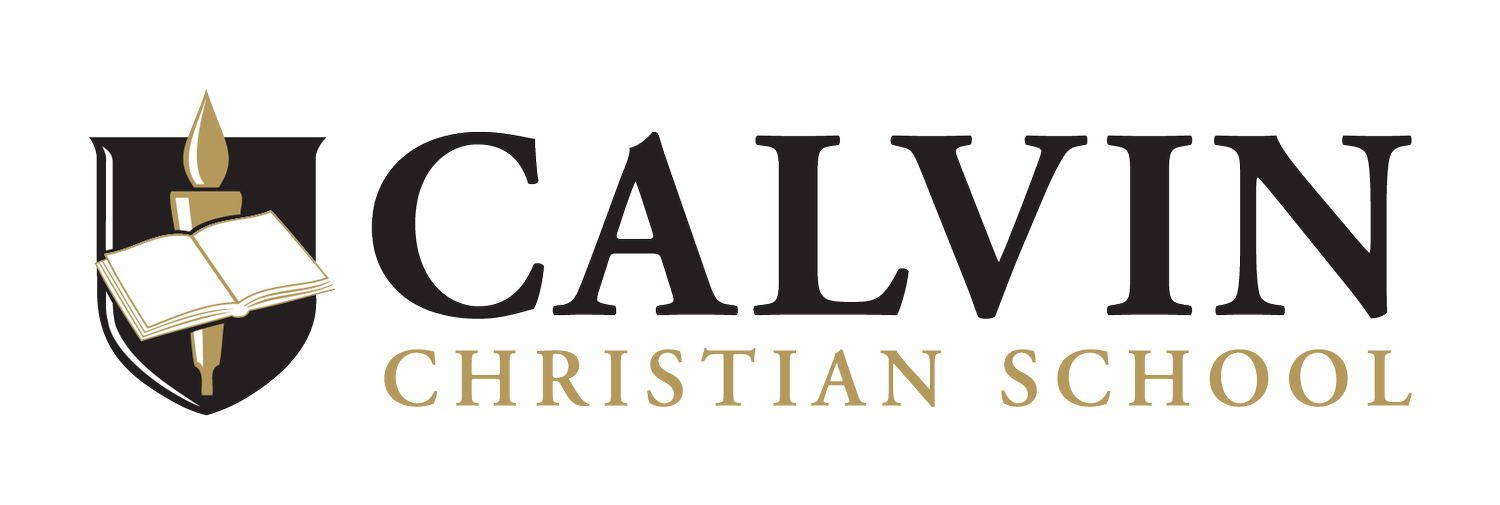At 11.00am today, we marked Remembrance Day with a service around the flagpole at Calvin.
Our Year 9 students, led by the Humanities staff members, heard from Tyler Elliot, a Calvin old scholar who served in the Australian Defence Force in the Middle East. Tyler presented a powerful address that allowed students to see that the impact of war continues long after soldiers return to civilian life.
Our Remembrance Day event is significant in our school calendar. It provides the opportunity to step outside the all-consuming nature of the present (and 2020 has brought a bumper crop of problems!) and to focus on the sacrifices that have been made in the past. On 11 November 1918, the guns of the Western Front fell silent after four years of continuous warfare, and over a hundred years later, we pause to remember the 330,000 Australians who served overseas. More than 60,000 of these Australians died as a result of war, and we remember those whose lives were lost or impacted as a result of conflict.
“As a school community, we understand the centrality of remembering.”
As a school community, we understand the centrality of remembering. Many of us partake in communion in our church communities – the sharing of bread and wine known as the “Lord’s Supper” – in which we remember the sacrifice Jesus made on the cross. As a staff we meet daily for worship or devotions to remind each other of the restorative nature of Jesus’ resurrection. As members of the Calvin school community, we celebrate “Heritage Day” each year to remember and celebrate why Calvin Christian School was established – to provide students with a Christian education, and the belief that parents, rather than the Government or the Church, were primarily responsible for the type of education their children received. Soon we will find ourselves immersed in the Christmas season where (in the midst of celebration and gift-giving) we remember the birth of Jesus.
“Memory is one of the greatest gifts that God has bestowed upon us.”
Memory is one of the greatest gifts that God has bestowed upon us. Those who have seen a family member succumb to memory related illnesses know the pain felt when memories fade or even disappear. Without memory of events of the past, we may even lose our sense of self or identity. In effect, we lose the ability to contemplate the future and to effectively navigate the present environment. And perhaps, worse still, without memory we are unable to apply past learning to new situations in order to creatively address issues.
Remembrance Day is a call to remember so that we can contemplate the future and effectively navigate the present. Christmas and Easter are calls to remember so that we can hold onto our identity in a pluralist world. In the celebration of birthdays and anniversaries, we strengthen our sense of self within community.
Lest we forget.
This week we welcomed Mr Scott Ambrose as the Principal of Calvin. Scott finished his role as Deputy Principal at Southern Christian School last Friday and started at Calvin on Monday! Scott is currently receiving a handover from Ineke Laning, who will stay on until the end of the year before commencing her retirement. Welcome, Scott!
You can read more about his appointment in our Communique last term.
Bonny Moroni — Head of Secondary




